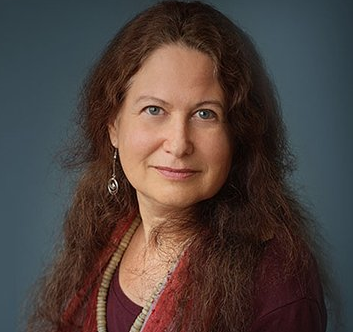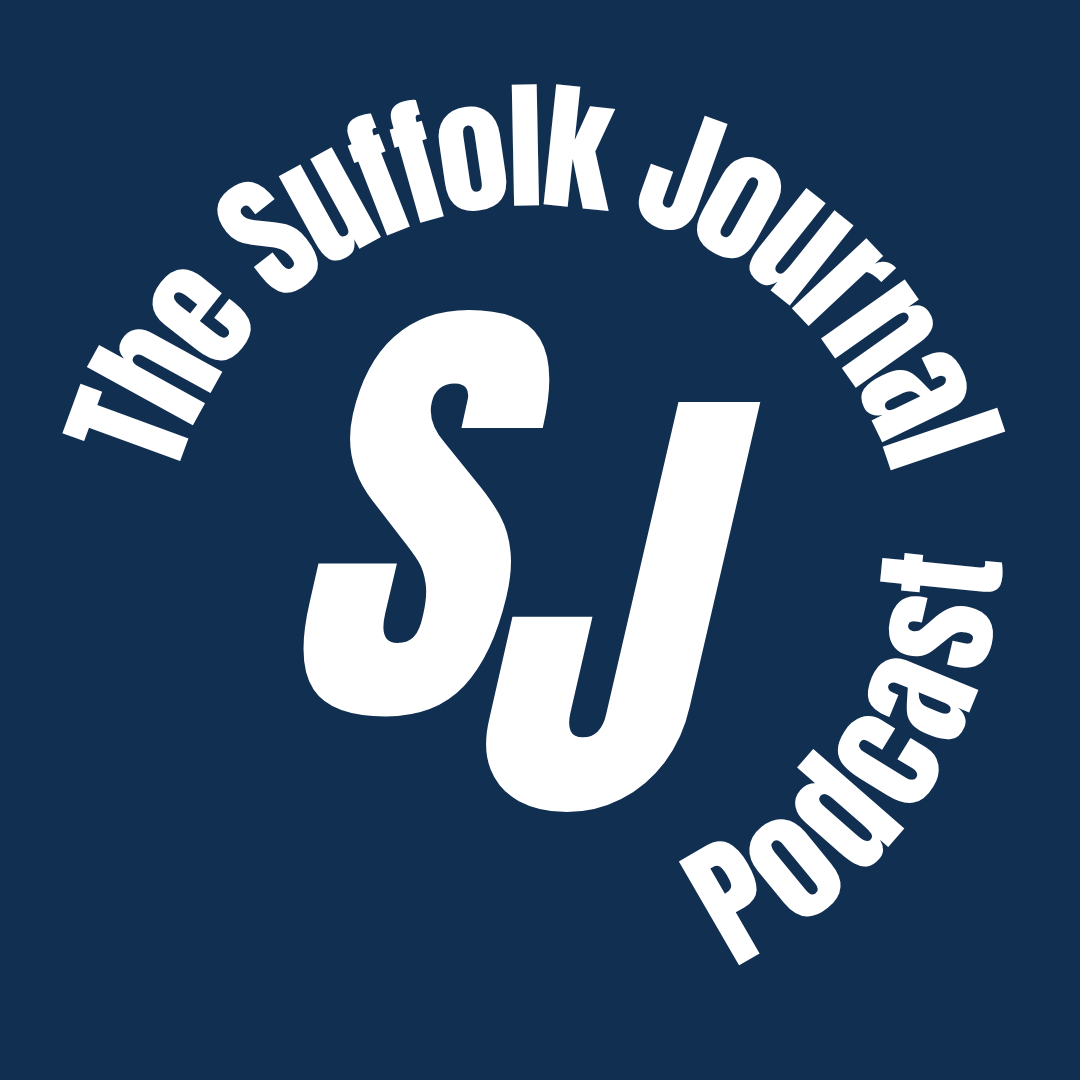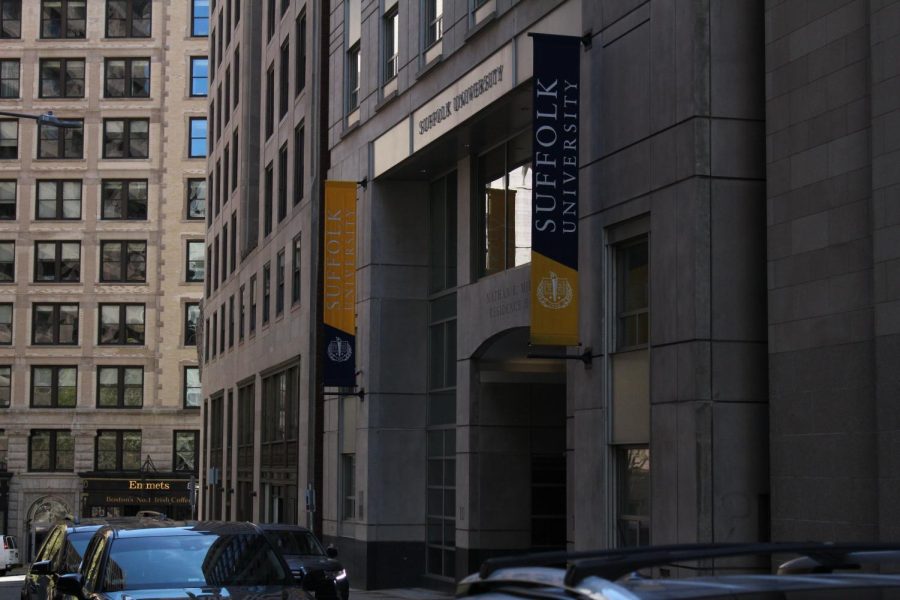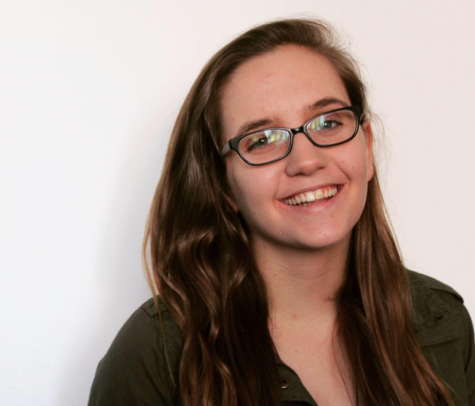Three years of gained silent knowledge in a Buddhist monastery, tireless work as a New York City girl on a farm, jumped into a fire engine red Volkswagen van with multi-color curtains with the dream to move West, all blended together along with what she calls her generation’s “foolish optimism,” helped Jane Hirshfield’s poetry become what it is today.
Suffolk University was visited by acclaimed poet Hirshfield and poetry reviewer for the Washington Post Elizabeth Blunt on Wednesday night. Despite the lack of student participation, the conversation between Hirshfield and Blunt seemed to be anything but ordinary.
“I am not a practical person, I am a poet”, said Hirshfield to her audience.
Hirshfield attributed her knowledge of poetry from studying other poets works, and said how she never studies her own poetry for inspiration, but looks to other poets she loves to discover how the poetry works on the page.
Poetry is a method of coping for Hirshfield, as she told the audience that when a tragedy happens, for her, it is easier to get closer to the subject than to stand further away. Citing the event of 9/11, Hirshfield described how she wrote a poem about the pain and suffering she felt instead of avoiding the subject. The words she wrote helped her deal with the issue of people wanting ill-will towards each other, something she feels unique to tragedies such as 9/11, as opposed to natural disasters.
Hirshfield explained how she strives to keep her private life out of her poems, as she is a private person. She told the audience how her poems are like x-rays of her real life, below the hard facts. Hirshfield compared her writing of poetry as another way of expressing herself.
“The experience of finding myself, completely moved from one being to another [in my writing]. The ability to transform myself and my writing into something that I wouldn’t have seen without the writing bringing it to me,” said Hirshfield in an interview with The Suffolk Journal.
Hirshfield advocated for the keeping of secrets, how humans are beings of infinite depth, who cannot fit into labels but only show what to be seen or unseen. Hirshfield exemplified this thought by citing Emily Dickinson, and how the world has yet to find out who Dickinson was so madly in love with according to her poetry, how Hirshfield hopes we never find out.
The evening was a beneficial experience to all students, with extensive knowledge of what it takes to be a poet and how to connect to your audience.
“I think it’s an incredible experience to get writers like Jane to universities because what [the writers] have to say can open you up to things you have never thought of before,” said Blunt.




















